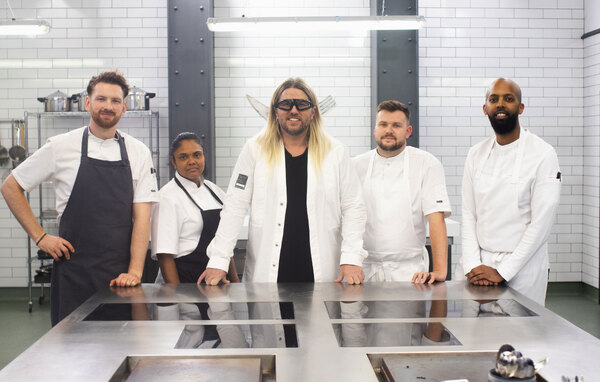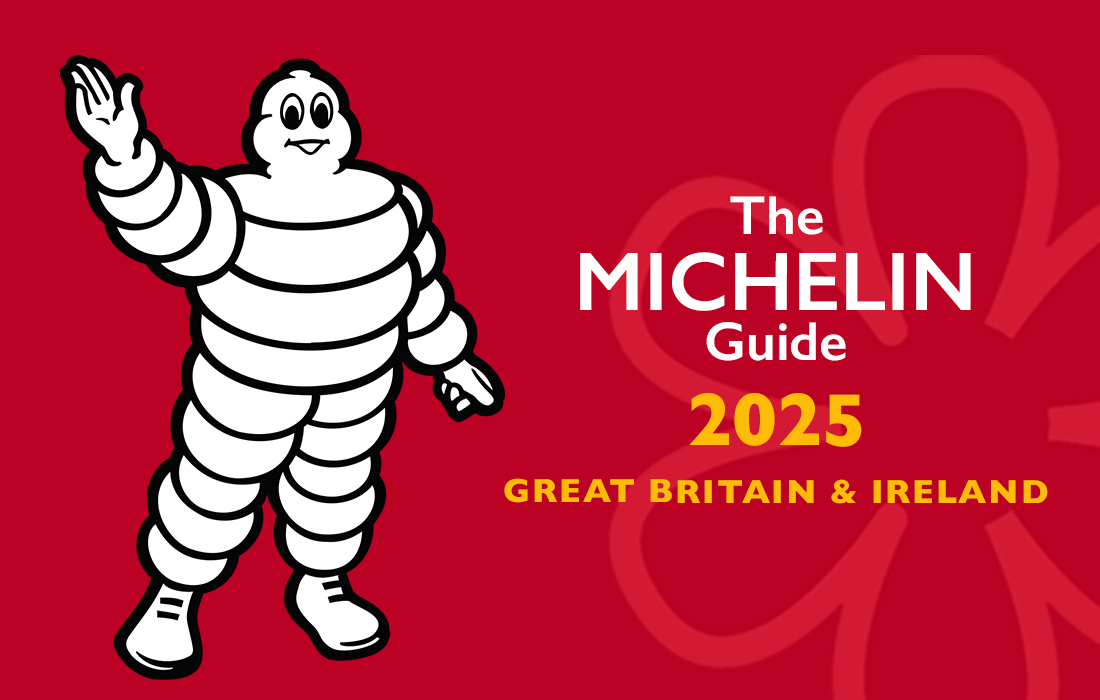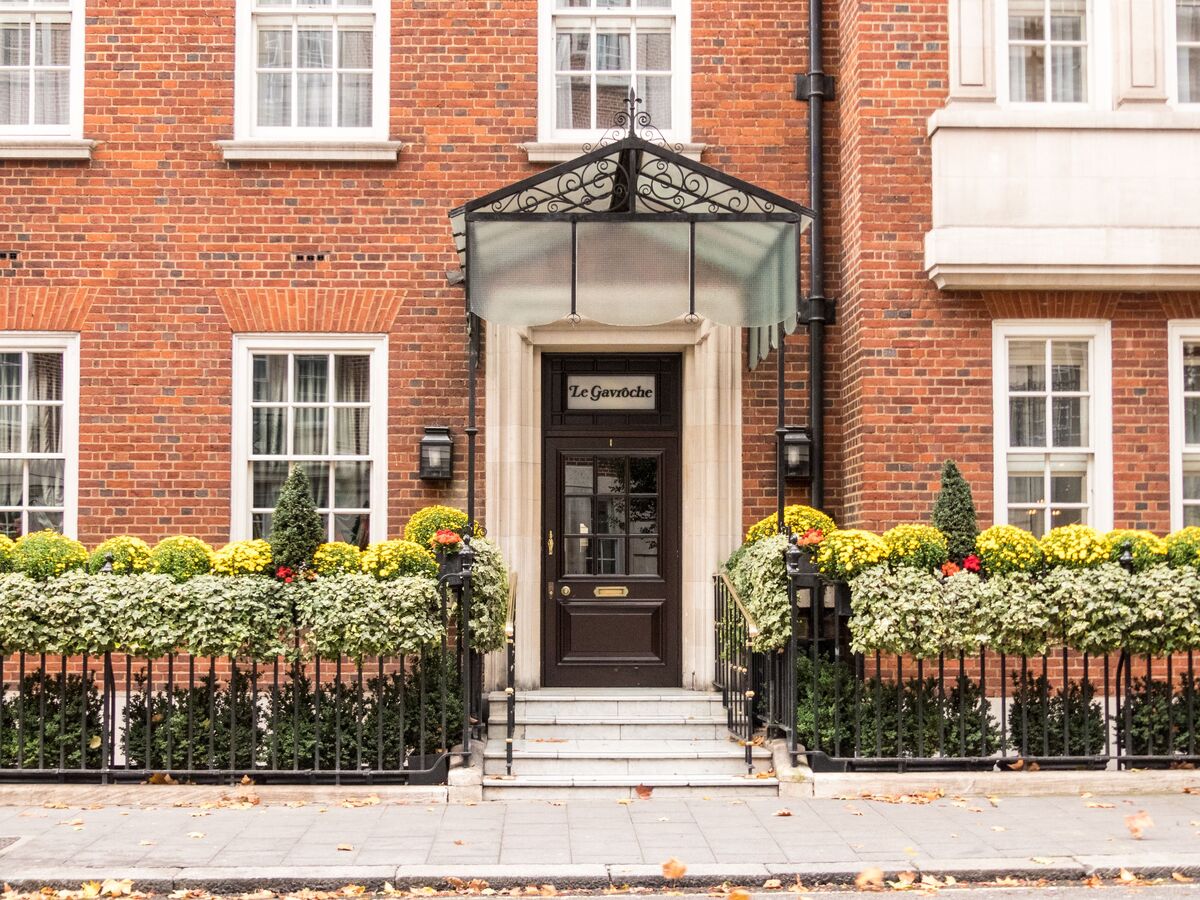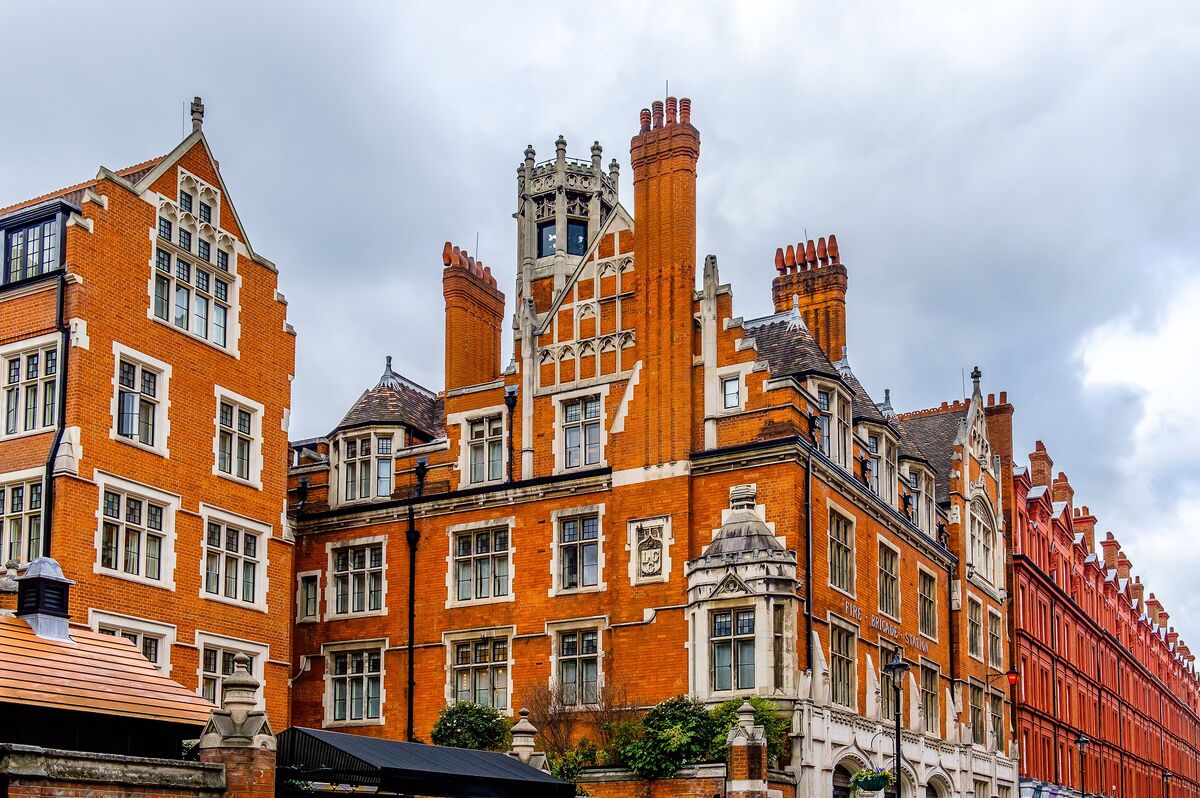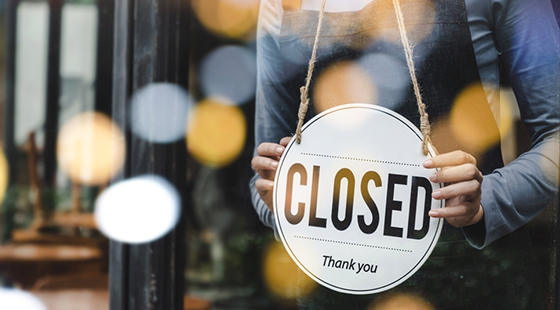Omicron hit hospitality spend in December and London hotel occupancy
Consumer card spending increased 12.2% in December compared to the same period in 2019, however the impact of restrictions and fears over the Omicron variant hit the hospitality sector.
Data from Barclaycard, which sees nearly half of the nation’s credit and debit card transactions, saw the hospitality and leisure sectors among the hardest hit by new restrictions and people isolating or choosing to stay at home. Spending at restaurants saw a decline of -14.1%, compared to -3.5% in November, while bars, pubs and clubs saw noticeably smaller growth of 21.2% compared to 35% the previous month.
Hotels, resorts and accommodation returned to decline (-1.9%) for the first time since May 2021, as Brits put staycation plans on hold.
Jose Carvalho, head of consumer products at Barclaycard, said: “While consumer card spending levels are up on 2019, December was a mixed picture for retail, hospitality and leisure, as restrictions to tackle the spread of Omicron started to take effect. More Brits were either isolating or choosing to stay at home due to the new variant, which hampered face-to-face retailers as well as hospitality and leisure outlets.”
According to STR, meanwhile, London’s hotel industry reported lower occupancy but higher room rates in December.
At 53.4%, occupancy was the lowest in the market since July 2021. A month earlier in November, London’s 66.3% occupancy level was the highest in the market since February 2020 (76.1%). The December average daily rate (ADR) level, however, was the market’s highest since December 2019 at £153.63. Revenue per available room (revpar) was £82.08.
In terms of daily data, London’s hotel occupancy came in at 53.2% on 31 December 2021, up from the same day in 2020 (17.7%) but substantially lower than 2019 (91.7%).
Photo: Shutterstock / Drazen Zigic




